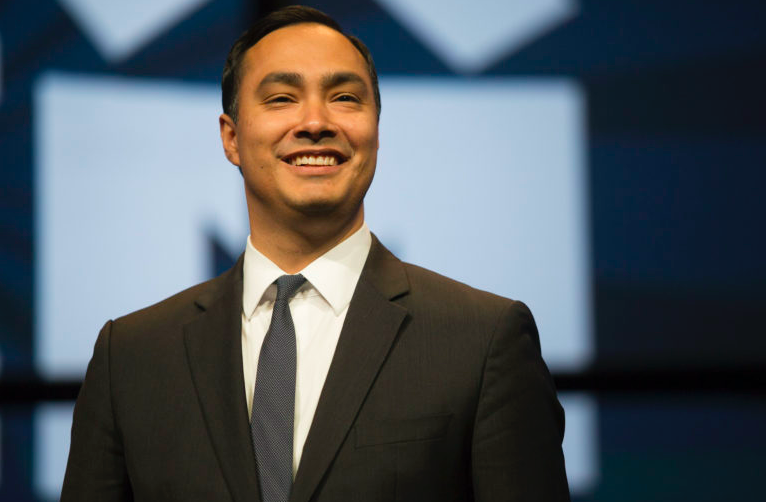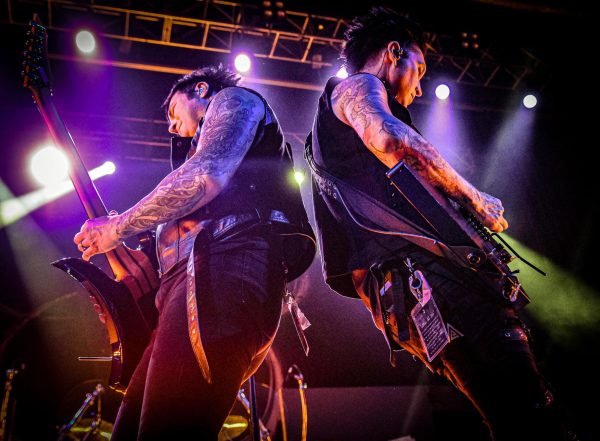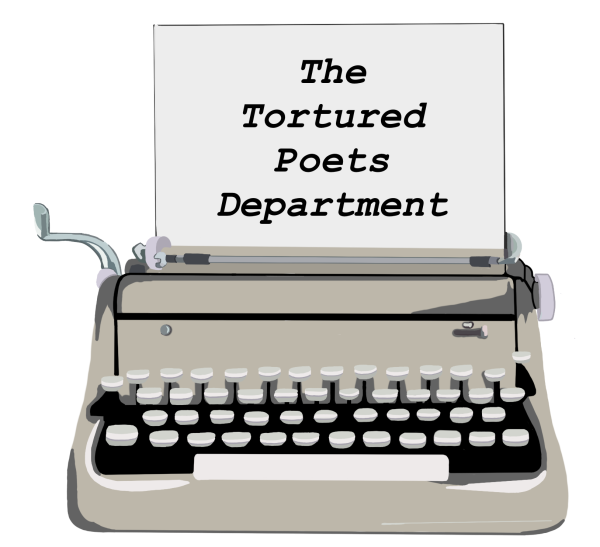Rep. Castro holds student press conference ahead of election day
November 8, 2022
On Nov. 3, 2022, Representative Joaquin Castro (D-TX) held a student media-focused press conference. The purpose of this press conference is to give the floor to high school and college news publications to ask questions about the pressing issues in Texas and the U.S. as a whole.
Gun control is becoming an incredibly pressing issue. With the tragic shooting at Robb Elementary in Uvalde, Texas, this summer, many within the State of Texas are concerned for the future of gun control and school safety.
“I have an eight-year-old daughter who is a third grader in the Northside District and … a six-year-old son at the same school. My son, at one point, after the tragedy at Uvalde, asked me if his school was going to end up like Robb Elementary,” Castro said. “I have supported and voted for legislation on universal background checks, to ban assault weapons, … for greater mental health resources for folks. I’ve also supported legislation … on the physical side for schools, making them safer.”
“I think sometimes in politics … as Republicans and Democrats, we can sometimes get into a fight where we can try to make it into one thing or the other … it’s either all a gun issue or it’s all just a physical safety issue. I actually believe it’s very much a gun issue … but you have to do something where our schools are as physically safe as possible,” Castro said.
As we further enter the digital age and the use of social media increases, it is getting increasingly difficult to discern between credible and disreputable sources of information. Castro commented on how harmful disinformation can be to the public and the dangers it has on those who speak a language other than English.
“That’s one of the downsides [of social media] is there is a lot of disinformation [and] misinformation,” Castro said. “There was a lot of disinformation about COVID … let me take a more recent example, the attack on … speaker Nancy Pelosi’s husband, Paul Pelosi. [There is] a lot of disinformation on that [and] on why that happened, who was involved and so forth. That disinformation can be very harmful because it affects how people view an issue or a situation. It’s based [on] false facts and false premises.”
“We met with the heads of different social media companies, executives from Twitter, Instagram, Facebook … [and] TikTok about combating disinformation,” Castro said. “Fortunately, after 2016, when there was Russian interference in our elections, and there was active disinformation that was being propagated by Russian trolls, the social media companies did a better job at rooting out disinformation and removing fake accounts in English. There’s a lot of lies in Spanish that would not be tolerated in English. If anybody follows Spanish language social media or media outlets [such as] radio … there’s even more disinformation [and] more misinformation than you see in English. It’s not just Spanish; it’s the same thing for Chinese Americans following Chinese language media or Vietnamese Americans … or other foreign languages. Sometimes that makes its way to the mainstream media or legacy media … these rumors don’t just stick to social media. It’s then picked up on the traditional media channels and it’s then amplified there, which makes it even harder to scrub out.”
On Oct. 28, Rep. Castro announced that he and his offices had acquired $1.7 million in federal funds from the U.S. Department of Energy to donate to UTSA’s Consortium on Nuclear Security Technologies (CONNECT) program. The CONNECT program allows students within various STEM fields to research and network with experts in the nuclear science field.
“[The expansion of] nuclear energy will be an opportunity to advance in Texas and San Antonio [with] that technology, but to also make it safer. One of the big debates around the expansion of nuclear energy has been safety, and so that has been my hope in securing part of that funding, to the extent that we’re using nuclear energy, to make sure that it’s as safe as possible,” Castro said. “Once again, front and center is the debate and its sources, but most of all the reason why I wanted to work with the Senate [and] with UTSA is [that] I want our universities to be leaders in all of these things. Whether it’s nuclear science or we’re working with them on issues of procurement and small businesses. I want to make sure that we get as many federal dollars to our universities as possible.”
Rep. Castro is currently up for reelection for his sixth term serving District 20 and San Antonio in Congress. Election day is on Tuesday, Nov. 8, 2022.












